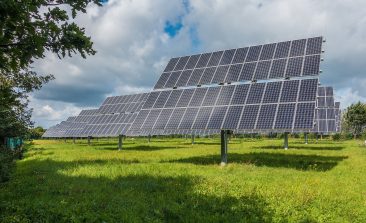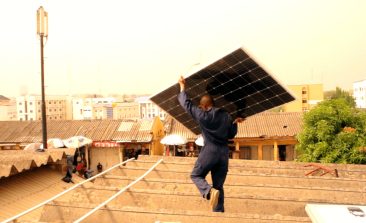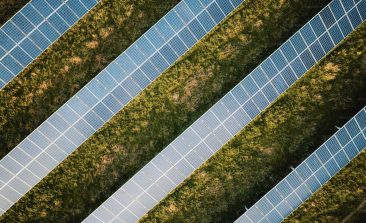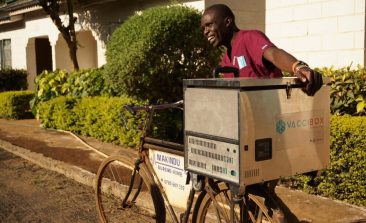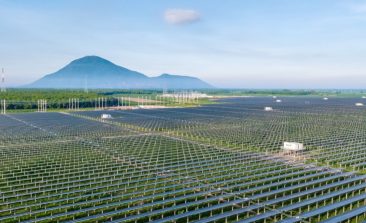9 Results for: solar
AI Learns Alchemy: Sol-AI to Find New Materials for Solar Systems
Researchers want to use the "SOL-AI" AI system to produce more efficient materials for photovoltaic systems. It's trained on a huge data set and can generate new materials based on the required properties.
The Perovskite Revolution: A Breakthrough in Solar Cell Technology
Solar panels rely on scarce materials. What if there was an eco-friendly solution? Perovskite tandem solar cells can be synthesised without the need for mining, unlike silicon.
Solar Energy in Africa: “If We Don’t Know the Real Problem, the Solution Will Probably Be the Wrong One”
The non-profit Access to Energy Institute (A2EI) aims to supply as many people as possible in Africa with solar power. It relies on comprehensive, data-driven problem analysis and optimised solutions to achieve this.
The Power of Nowcasting to Achieve More Efficient Solar Energy Grids
To date, nowcasting research has primarily concentrated on rainfall prediction, while solar forecasting remains relatively unexplored. Advances in the field are crucial for improving solar energy reliability and efficiency.
It’s Now Possible to Print Highly Efficient, Ultra-Thin Solar Cells
Solar energy technology is constantly developing. What new possibilities does this open up and what role can these defect-tolerant solar cells play in smart infrastructure?
Solar-Powered Fridges Revolutionise Remote Areas of Kenya’s Vaccine Delivery
One entrepreneur’s solar-powered portable fridge is helping some of Africa's remotest communities get access to life-saving vaccines.
French Start-up ROSI Is Engineering a Solution to Solar Energy’s Waste Problem
Solar panels only have a lifespan of around 25-30 years, and the vast majority end up in landfill. French start-up ROSI is developing a way to recycle them with the help of EU funding.
Could Floating Solar Panels Help Mitigate Climate Change?
“Floatovoltaics” are an emerging technology, but their environmental impacts are still unknown.
A Bright Future? How the Next Generation of Solar is Overcoming its Many Challenges
Solar power is one of the best-known sources of renewable energy, but it is still only responsible for 3 percent of global electricity. What's keeping it back and how can it further develop?
